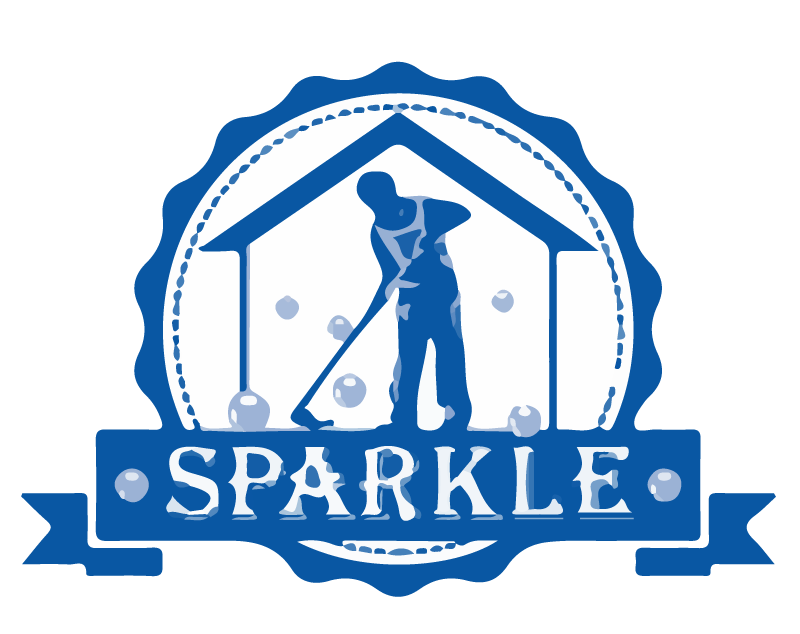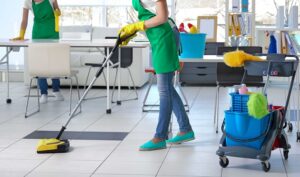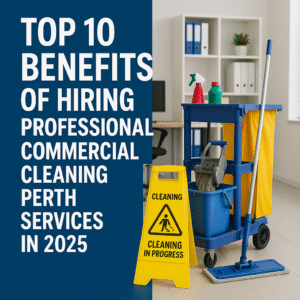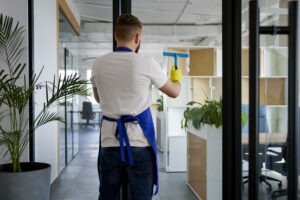
Which Cleaning Products Do You Always Use?

Cleaning our homes is a goal we all share. Who doesn’t like walking into a tidy space? Do you ever wonder what goes into our daily cleaning products? It’s time to dispel myths and find safer cleaners and healthier home remedies.
Cleaning promotes health and well-being as well as looks. Regular cleaning reduces allergens and bacteria, keeping us and our families safe. Many consumers are ignorant of the risks of standard cleaning product labels.
Table of Contents
ToggleCommon misconceptions about cleaning products
Many cleaning product myths can mislead us. The idea that more chemicals clean better is a prevalent myth. Quite the contrary! Many traditional cleaning products include harmful substances.
Another myth is that a product with a strong fragrance is effective. Scent can affect our perception of cleanliness, but it doesn’t always indicate a good product. Many scented cleansers contain synthetic fragrances, which can cause allergies and indoor air pollution.
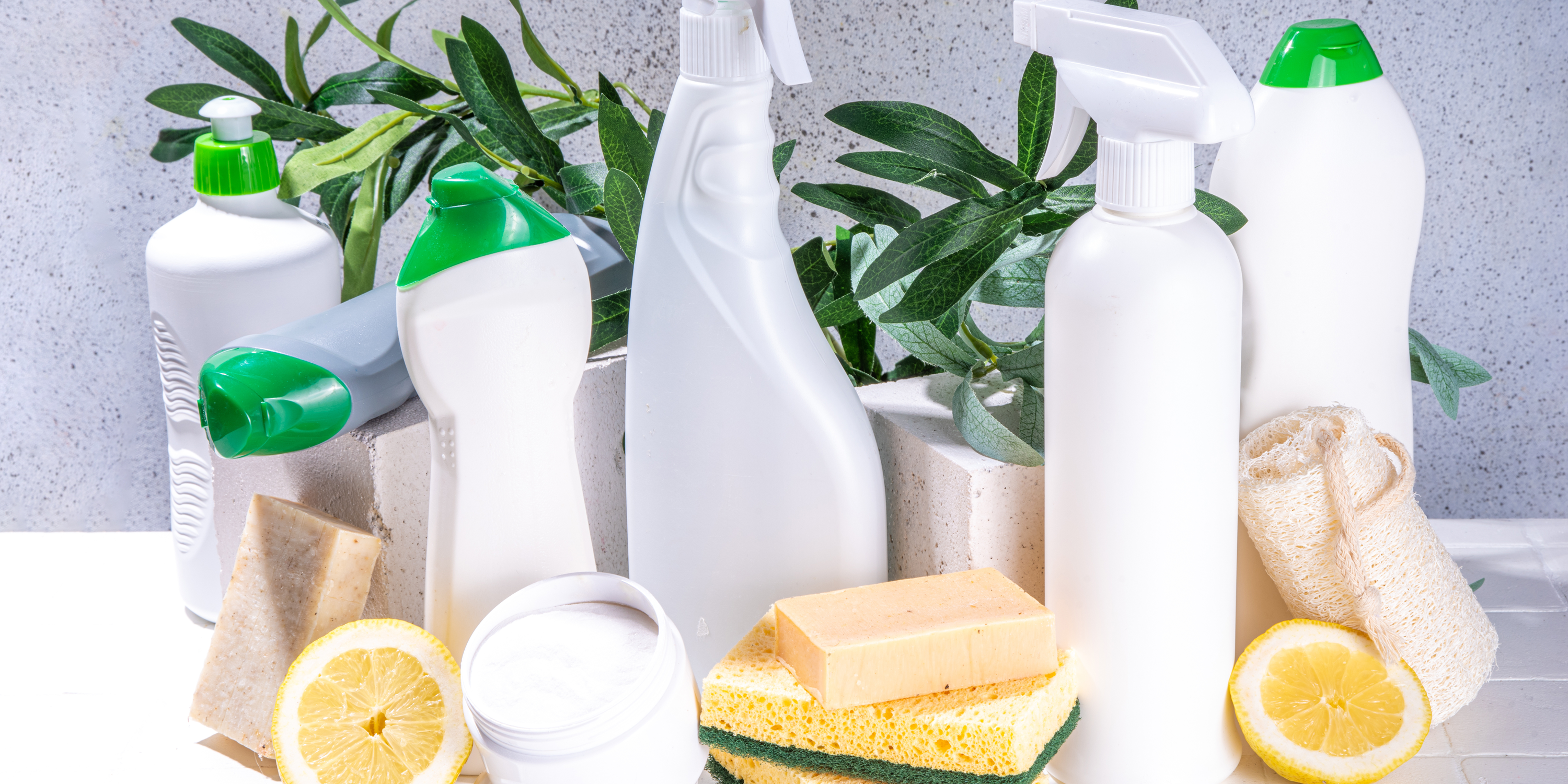
Some say natural or eco-friendly cleaning products are less effective than chemical-laden ones. The fact is substantially different thanks to green technology and formulas. Many natural solutions are now available that can remove stubborn stains and bacteria.
A common myth is that bleach or other disinfectants are necessary for home hygiene. Although disinfectants are useful during illness outbreaks, everyday household cleaning does not require them. Most surfaces can be cleaned with soap and water.
Harmful chemicals in traditional cleaning products
When cleaning our homes, many of us grab the nearest bottle of commercial cleaner without thinking. We may not understand that typical cleaning products often include dangerous chemicals that can affect our health and the environment.
Many traditional cleansers contain ammonia. Inhaled or touched, this potent degreaser can irritate the eyes, skin, and respiratory system. When coupled with other substances, chlorine bleach releases poisonous vapors that can cause respiratory and skin irritation.
Many traditional cleaners cause long-term environmental damage. Dishwasher detergents and laundry soaps contain phosphates, which pollute lakes and rivers by encouraging algal development.
Thankfully, safer alternatives exist. Natural cleaning products made from vinegar, baking soda, lemon juice, and essential oils are available from eco-friendly manufacturers. These alternatives operate as well without adverse effects.
Eco-friendly and natural alternatives
As consumers seek a more sustainable lifestyle, eco-friendly and natural alternatives have grown in popularity. These solutions are safer and healthier for homes and the environment.
Vinegar is a popular eco-friendly cleaner. This multipurpose cleaner works on counters, windows, and floors. Vinegar and water remove dirt and clean surfaces.
Another great alternative is baking soda. Its soft abrasive properties make it ideal for removing stubborn stains and odors. It deodorizes carpets and unclogs drains.
Natural cleaners like essential oils are becoming trendy. They smell good and disinfect surfaces naturally with antibacterial characteristics. DIY cleaning recipes often contain lemon, tea tree, lavender, or eucalyptus oils.
Plant-based detergents without harsh chemicals are always a good choice. These detergents remove stains as well as others while being kinder on clothes and skin.
Top 5 must-have cleaning products for every household
Maintaining a clean and healthy house requires the correct cleaning products. Choosing which options are necessary might be difficult with so many. For convenience, these are the top 5 cleaning goods every family needs:
- All-purpose cleaning: This versatile cleaner can be used on many surfaces in your home. Choose an eco-friendly, chemical-free one.
- Microfiber cloths: Dust, wipe, and scrub spots with these handy cloths. These clothes are washable, reusable, and more effective than cotton.
- Vinegar: Use it for more than cooking! Natural disinfectant vinegar cleans windows, counters, floors, and more.
- Baking soda: Useful as a gentle abrasive cleanser and deodorizer. It’s great for sink stains and carpet odors.
- Toilet bowl cleaner: Hygiene requires toilet cleaning. Choose a toilet bowl cleaner that eliminates stains without chlorine or ammonia.
With these five basic cleaning supplies on hand, you can handle any mess or cleanup. Always read and follow label instructions and keep items out of reach of children and pets.
DIY cleaning product recipes
Making your cleaning products is enjoyable and reduces chemical exposure. It’ll also save you money! Try these easy DIY cleaning product recipes.
- All-Purpose Cleaner: Spray the bottle with equal parts water and white vinegar. For a nice smell, add a few drops of lemon or lavender essential oils.
- Window Cleaner: Mix 2 cups water, ? cup rubbing alcohol, and ? teaspoon dish soap in a spray bottle. This solution cleans glass without streaks.
- Oven Cleaner: Mix baking soda and water and apply to the oven. Wait overnight, then scrub the filth using a sponge or scrub brush.
- Create a disinfectant spray by combining ? cup vodka (or rubbing alcohol), ? cup distilled water, and a few drops of tea tree or eucalyptus oil in a spray container. Disinfect counters, doorknobs, and other high-touch surfaces using this solution.
- To clean the toilet bowl, sprinkle baking soda over the rim and sides and pour white vinegar over it. Scrub with a toilet brush after five minutes of fizzing.

These DIY cleaning product recipes are just the beginning of natural cleaner alternatives! Experimenting with substances lets you determine what works best while reducing your environmental effects.
Conclusion and encouragement to make the switch to safer products
We must create a safer and healthier environment for ourselves and our families in a world full of chemicals and toxins. Cleaning products may seem harmless, but many contain harsh chemicals that can hurt us and the environment.
Eco-friendly and natural alternatives decrease our exposure to dangerous toxins and help safeguard the Earth’s resources. Using safer cleaning chemicals is easier than you think!
This article has dispelled cleaning product myths, warned against traditional solutions, and examined eco-friendly alternatives. We also included a list of household cleaning essentials and DIY recipes.
You must act now! Replace one or two conventional cleaning products with eco-friendly ones. Gradually adopt more sustainable habits until you’re free of hazardous toxins.
